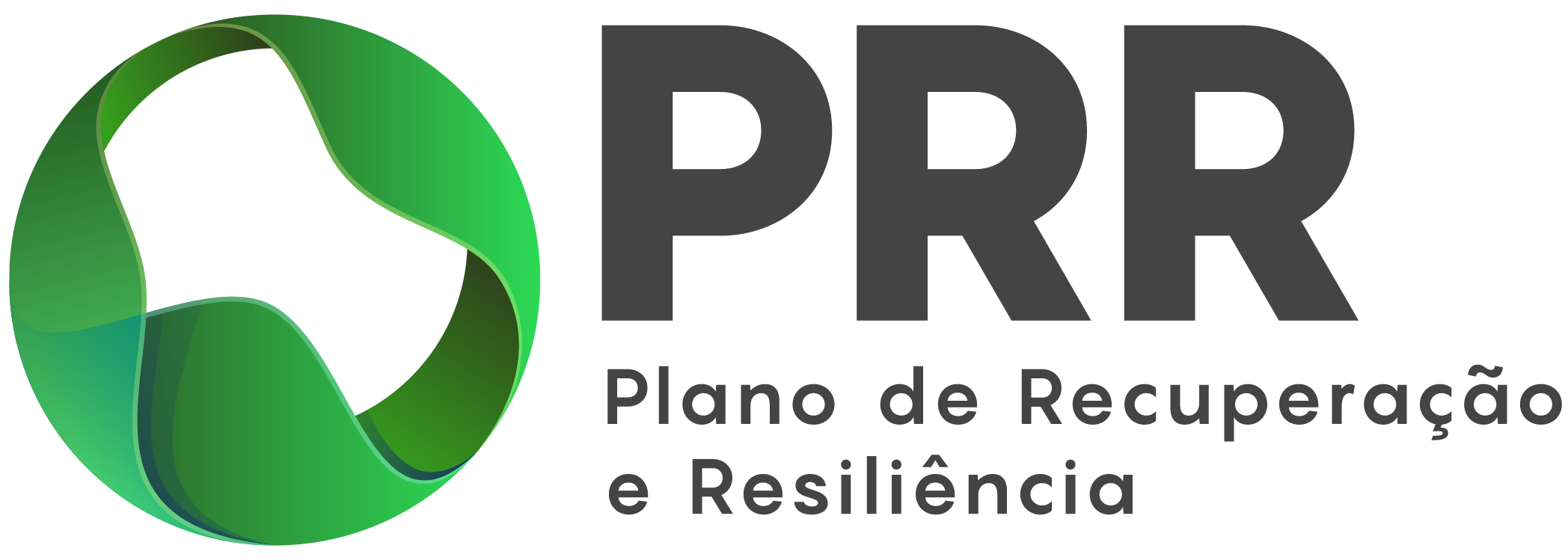Dividends and interest (bank interest, shareholder loans, from public company bonds, bills or other paper, as well as interest on public debt) are liable to taxation at a flat rate of 28%.
However, the taxpayer may elect to include such items in taxable income in the tax return, being taxed at marginal tax rates that vary between 14.50% and 48%.
If the taxpayer chooses to disclose dividends in their income statement, only 50% will be subject to taxation at the marginal rates in force, in relation to profits distributed by entities resident in Portugal or in other EU Member States, provided that they meet the requirements and conditions set out in Article 2 of Directive No. 90/435/EEC, of 23 July, but all income in the same category will be added to taxable income.
Interest on demand/term deposits/certificates of deposit/supplies/related to resident entities, as well as income from debt securities, registered or bearer, repo operations, credit assignments, securities accounts with price guarantees or other similar or similar operations, are also subject to a withholding tax in PIT, at the rate of 28%.
It should be noted that the interest on certain issues of public and non-public debt securities, when paid to non-residents, is exempt from PIT.
Capital income paid by non-resident entities without a permanent establishment in Portugal, but which are domiciled in a blacklisted jurisdiction, is subject to a tax rate of 35%, either by withholding tax or by the autonomous rate.
The withholding rate is also 35% whenever the income is paid or made available in accounts opened in the name of one or more holders, but on behalf of unidentified third parties, except when the beneficial owner is identified, in which case the general rules apply.





